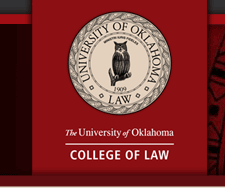Abstract
This Article presents an empirical study of digital sampling’s effect on the sales of copyrighted songs and how this effect should influence the fair use analysis. To conduct this research, a group of previously sampled songs was identified and sales information for these songs was collected. The over 350 songs sampled in musician Gregg Gillis’s (also known as Girl Talk’s) most recent album presents an ideal dataset because the album’s instantaneous popularity allows for its influence to be analyzed through a comparison of the sampled songs’ sales immediately before and after release. Collecting and comparing sales information for these songs found that—to a 92.5% degree of statistical significance—the copyrighted songs sold better in the year after being sampled relative to the year before. To the extent the Copyright Act instructs courts to analyze (among other considerations) the effect an alleged fair use has on the potential market for the original work, these findings favor the conclusion that digital sampling is a fair use, though each statutory fair use consideration should still be considered.
Recommended Citation
William M. Schuster II,
Fair Use, Girl Talk, and Digital Sampling: An Empirical Study of Music Sampling's Effect on the Market for Copyrighted Works,
67
Okla. L. Rev.
(2015),
https://digitalcommons.law.ou.edu/olr/vol67/iss3/2
